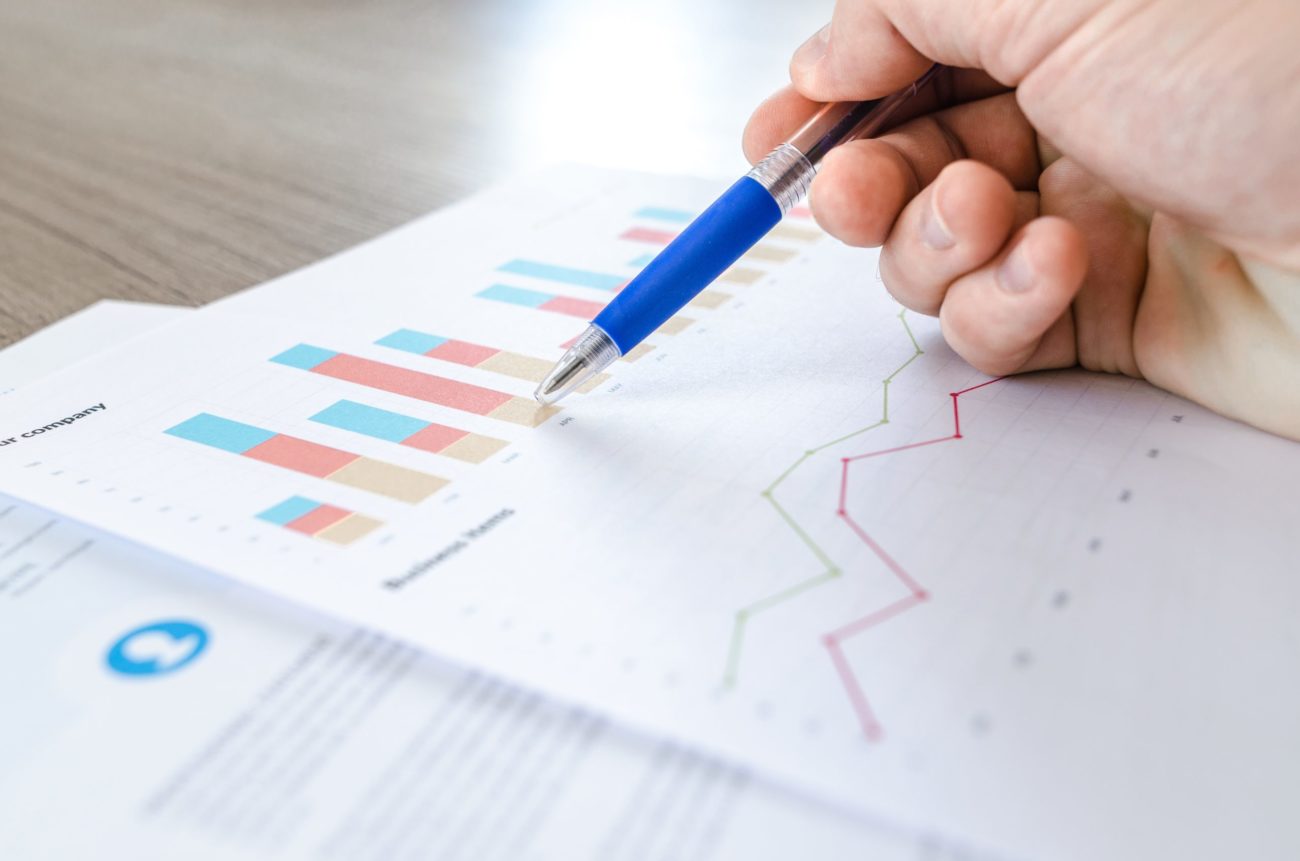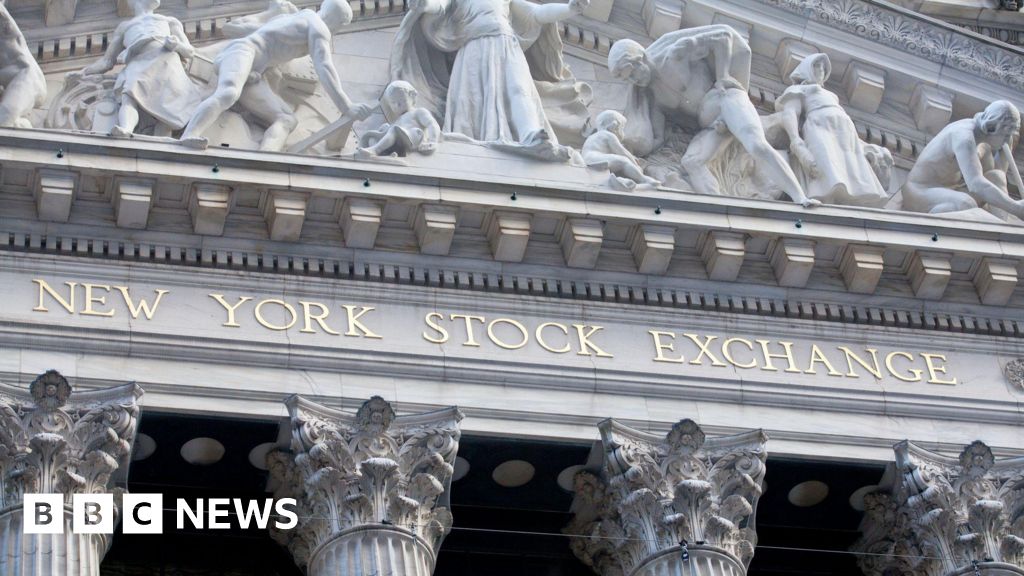World
US debt to explode regardless of Trump or Harris victory
Some see it as a potential flashpoint.
But regardless of how the US election swings, we are almost certain to experience increased instability at a political, social and economic level.
The discontent across middle America and the deep distrust in US institutions follows 40 years of trickle-down economics and globalisation that have laid waste to much of the nation’s heartland.
On the surface, the US economy appears to be in fine shape. Unemployment is low by historic measures. Inflation is cooling, interest rates are declining and growth is solid. But averages have a habit of disguising reality.
Wealth is heavily concentrated on the east and west coasts, homelessness is rife and the life expectancy of Americans has been steadily declining for years.
While Donald Trump, who is expected to declare victory whether he wins or not, has tapped into that deep vein of discontent, his policies, such as they are, offer little hope for economic salvation and may make the situation far worse.
In fact, the greatest risk to the wellbeing of the US and global economies is the extent to which he implements them if he wins. Almost every policy, from deporting millions of workers to imposing steep tariffs, holds the potential to be hugely inflationary.
Kamala Harris, meanwhile, if she scrapes across the line, proposes to magically lower the cost of almost everything and create an “Opportunity Economy” with massive spending that also will drive inflation higher.
It’s unlikely to fix the rift running through the heart of the United States, but a Harris-controlled White House promises at least to be less chaotic than a second Trump administration.
Incredibly, neither candidate has addressed the country’s biggest economic problem; its rapidly growing debt and the difficulty of reining it in. Instead, both plan to significantly add to it.
Loading…
Uncertainty? Certainly
You could almost write Michele Bullock’s statement this afternoon for her.
In addition to the reasons for keeping rates on hold, there’ll be the usual line: “There remains a high level of uncertainty about the outlook abroad.”
Added in will be a mention of China’s ongoing property catastrophe and possibly a word or two on instability in the Middle East.
As for the US, the RBA most likely will deftly avoid any mention of the election and stick to something far easier to predict.
RBA governor Michele Bullock is unlikely to break from the norm of past meeting statements today. (AAP: Dan Himbrechts)
When the US Federal Reserve meets later this week, its leader Jerome Powell is widely tipped to usher in another quarter of a percentage point cut.
That would bring the US benchmark rate down to 4.65 per cent and significantly boost his chances of staying in the job if Trump triumphs at the polls.
The Fed pushed through a double cut at its last meeting and a further cut this week would have its rate sitting just above Australia’s official cash rate at 4.35 per cent.
Trump has argued that he would like to see interest rates much lower.
Having ditched the convention that politicians steer clear of clear of commentary on central bank decisions, the former president has openly denigrated Powell, leading to speculation he may install a more malleable head of the Fed.
“It’s the greatest job in government,” he said in a recent interview.
“You show up to the office once a month and you say, ‘Let’s see, flip a coin,’ and everyone talks about you like you’re a god.”
That’s caused widespread concern globally. The Fed is the world’s biggest central bank and the greenback is the global reserve currency.
Manipulating the dollar for short-term domestic political gain could destabilise the economies of many other countries.
Jerome Powell’s time as the US Federal Reserve chair could come to an end under a Trump administration. (ABC News: Bradley McLennan)
Just when the econocrats thought they had inflation whipped
Trump’s signature policy is imposing tariffs. According to the former president, tariff is “the most beautiful word in the dictionary”.
While the US embraced globalisation in the 1980s, throughout most of its history, it has been an inward-looking nation with protectionist economic policies. It was late to help defend the Allies in World War I and refused to be part of World War II until Japan attacked Pearl Harbor.
The rapid shift to free trade and globalisation made America richer overall and decreased consumer prices but concentrated vast wealth among a tiny section of society.
A sudden lurch back, however, doesn’t come without its own pain.
Imposing huge tariffs, possibly more than 100 per cent in China’s case, will send inflation spiralling because it is consumers who will be forced to pay the impost.
Then there is the push to bring US firms back home. That could take years and, again could end up pushing prices higher without adding significantly to jobs. Even in heavy industry, the factories of today are far less labour intensive than they were half a century ago.
Then there is Trump’s pledge to deport millions of illegal workers. The tough talk may resonate with the electorate but the removal of a large slab of labour will drive wages higher and boost inflation.
At a macro level, the former president is talking about slashing taxes and boosting spending, which is hugely expansionary fiscal policy. Again, that would be highly inflationary and especially dangerous given the extent of America’s debt levels.
Already, the annual interest bill on its $US33 trillion ($50 trillion) debt pile is outstripping its defence spending. At $US763 billion last financial year, it is the second-biggest expense after social security.
A graph shows American national debt increasing over the past century, adjusted for inflation. (Supplied: US Treasury)
In recent weeks, money markets have begun pricing in much higher interest rates in the years to come.
If Trump pressures the Fed to keep a lid on rates, that could even further jolt inflation undermining the legitimacy of the US dollar to retain its reserve currency status.
Powell has blinked before
What happens at the US Federal Reserve has a huge impact here and across our region.
It is something Bullock and her board will be talking about today and for years to come.
Back in 2019, before the onset of the pandemic, the then-president unleashed a torrent of criticism on Powell for his interest rate policies. In speeches, interviews and tweets, he berated the man he appointed and hinted at removing him.
Powell buckled by adding liquidity into the economy at a time when it didn’t need it, which diminished its arsenal when the pandemic took hold.
Almost all currencies are valued against the US dollar. So too are commodities.
Loading
More importantly, those massive and ever-growing US deficits are funded by raising debt on global markets via US government bonds. The world’s biggest economies buy those bonds because they are seen to be the lowest-risk investment on the planet.
Continuing to blow out the US debt will undermine that reputation.
So, when the Reserve Bank of Australia delivers its decision today and mentions growing risk, the biggest will be with what takes place in the US economy over the next few years.
Loading…










